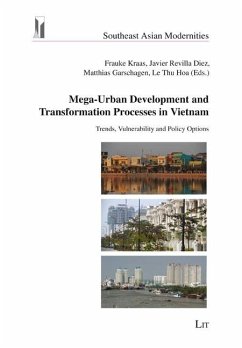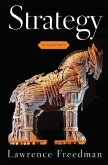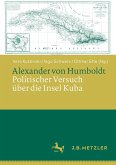Since the beginning of the Doi Moi reforms, Vietnam's economy and society have been profoundly transformed. While in 1986 less than 13 million of Vietnam's inhabitants lived in areas classified as urban (20%), the number has risen to more than 30 million inhabitants today (35% of the total population). This massive urbanisation was made possible by the rapid transformation of the former agricultural state into an industrial and service state and extensive migration processes from rural areas to the fast growing cities and megacities. Fifteen articles analyse the current situation.Frauke Kraas is Professor (Chair) of Urban and Social Geography, Institute of Geography, University of Cologne, GermanyMatthias Garschagen is Professor (Chair) of Human Environment Relations, Department of Geography, Ludwig Maximilians University Munich, GermanyLe Thu Hoa is Associate Professor at the Faculty of Environmental, Climate Change and Urban Studies, National Economics University, Hanoi, VietnamJavier Revilla Diez is Professor (Chair) of Economic Geography, Institute of Geography, University of Cologne, Germany
Bitte wählen Sie Ihr Anliegen aus.
Rechnungen
Retourenschein anfordern
Bestellstatus
Storno








